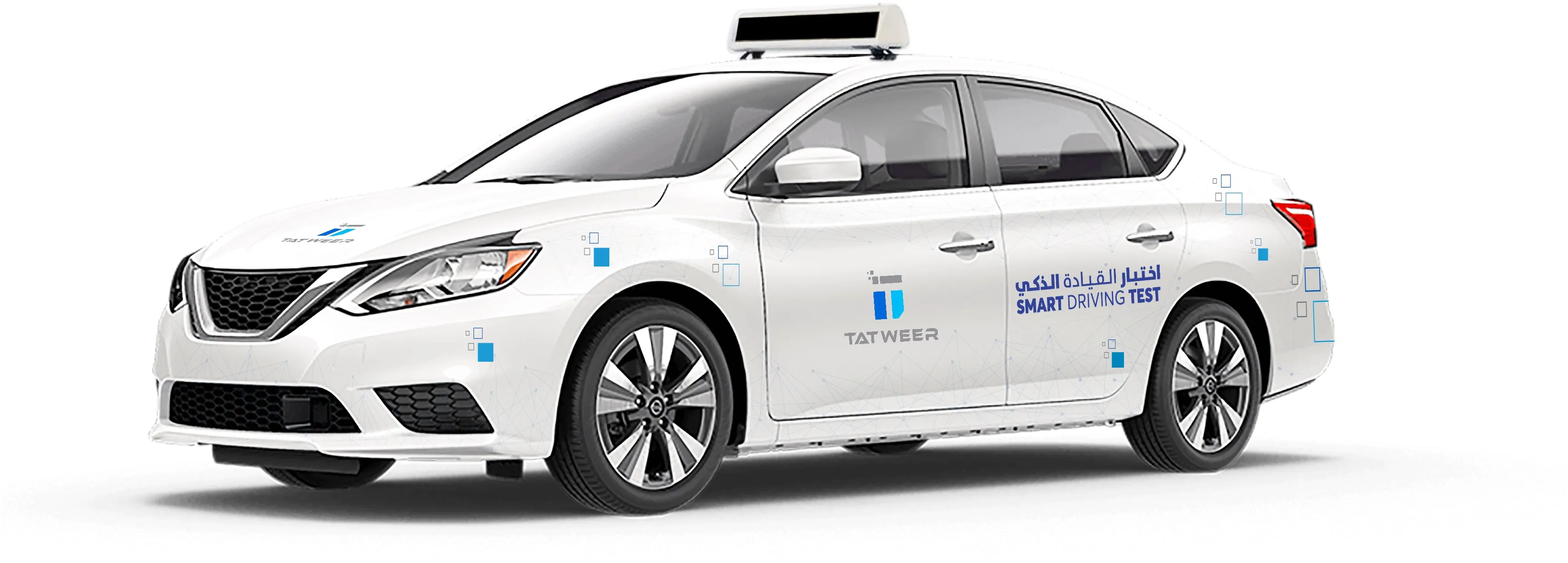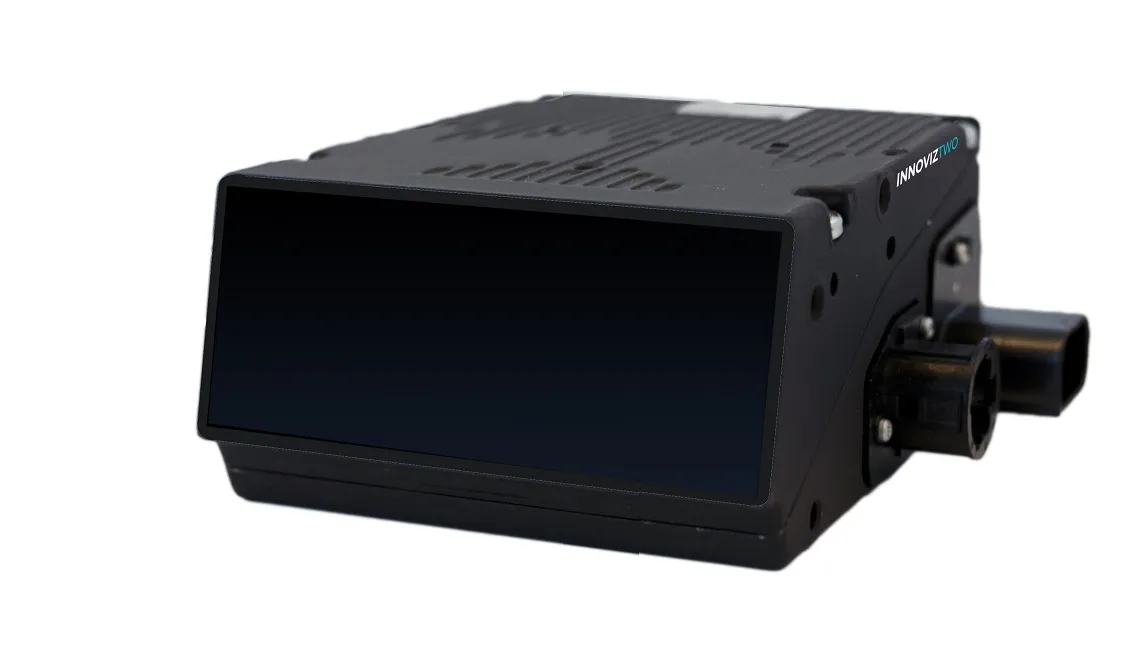German auto supplier ZF is working with NVIDIA to develop artificial intelligence (AI) systems for the transportation industry, including automated and autonomous driving systems for passenger cars, commercial trucks, and industrial applications.
Unveiled at CES 2017 in Las Vegas, the ZF ProAI for highway automated driving is ZF’s first system developed using NVIDIA AI technology. It aims to enable vehicles to better understand their environment by using deep learning to process sensor and camera data. I
January 5, 2017
Read time: 2 mins
German auto supplier 8557 ZF is working with NVIDIA to develop artificial intelligence (AI) systems for the transportation industry, including automated and autonomous driving systems for passenger cars, commercial trucks, and industrial applications.
Unveiled at CES 2017 in Las Vegas, the ZF ProAI for highway automated driving is ZF’s first system developed using NVIDIA AI technology. It aims to enable vehicles to better understand their environment by using deep learning to process sensor and camera data. In addition, the companies are developing solutions for more advanced highly automated driving, in which systems have the capability to control the vehicle with greater levels of autonomy.
ZF ProAI will use the scalable NVIDIA DRIVE PX 2 AI computing platform to process inputs from multiple cameras, plus lidar, radar and ultrasonic sensors. ZF ProAI will have the capability to understand in real time what is happening around a vehicle, precisely locate itself on an HD map and plan a safe path forward. The solution will meet automotive-grade standards to function when exposed to extreme temperatures, moisture and dust. Series production is planned for 2018 onwards.
ZF is delivering ZF ProAI as an in-vehicle system capable of over-the-air updates to add new features and capabilities throughout the life of the vehicle. It is also configured for V2X applications, so it can communicate with other vehicles and with the surrounding infrastructure. In addition, the learning and networking capacity of ZF ProAI can help make an entire vehicle fleet safer and more efficient by means of ‘swarm intelligence’.
Unveiled at CES 2017 in Las Vegas, the ZF ProAI for highway automated driving is ZF’s first system developed using NVIDIA AI technology. It aims to enable vehicles to better understand their environment by using deep learning to process sensor and camera data. In addition, the companies are developing solutions for more advanced highly automated driving, in which systems have the capability to control the vehicle with greater levels of autonomy.
ZF ProAI will use the scalable NVIDIA DRIVE PX 2 AI computing platform to process inputs from multiple cameras, plus lidar, radar and ultrasonic sensors. ZF ProAI will have the capability to understand in real time what is happening around a vehicle, precisely locate itself on an HD map and plan a safe path forward. The solution will meet automotive-grade standards to function when exposed to extreme temperatures, moisture and dust. Series production is planned for 2018 onwards.
ZF is delivering ZF ProAI as an in-vehicle system capable of over-the-air updates to add new features and capabilities throughout the life of the vehicle. It is also configured for V2X applications, so it can communicate with other vehicles and with the surrounding infrastructure. In addition, the learning and networking capacity of ZF ProAI can help make an entire vehicle fleet safer and more efficient by means of ‘swarm intelligence’.









